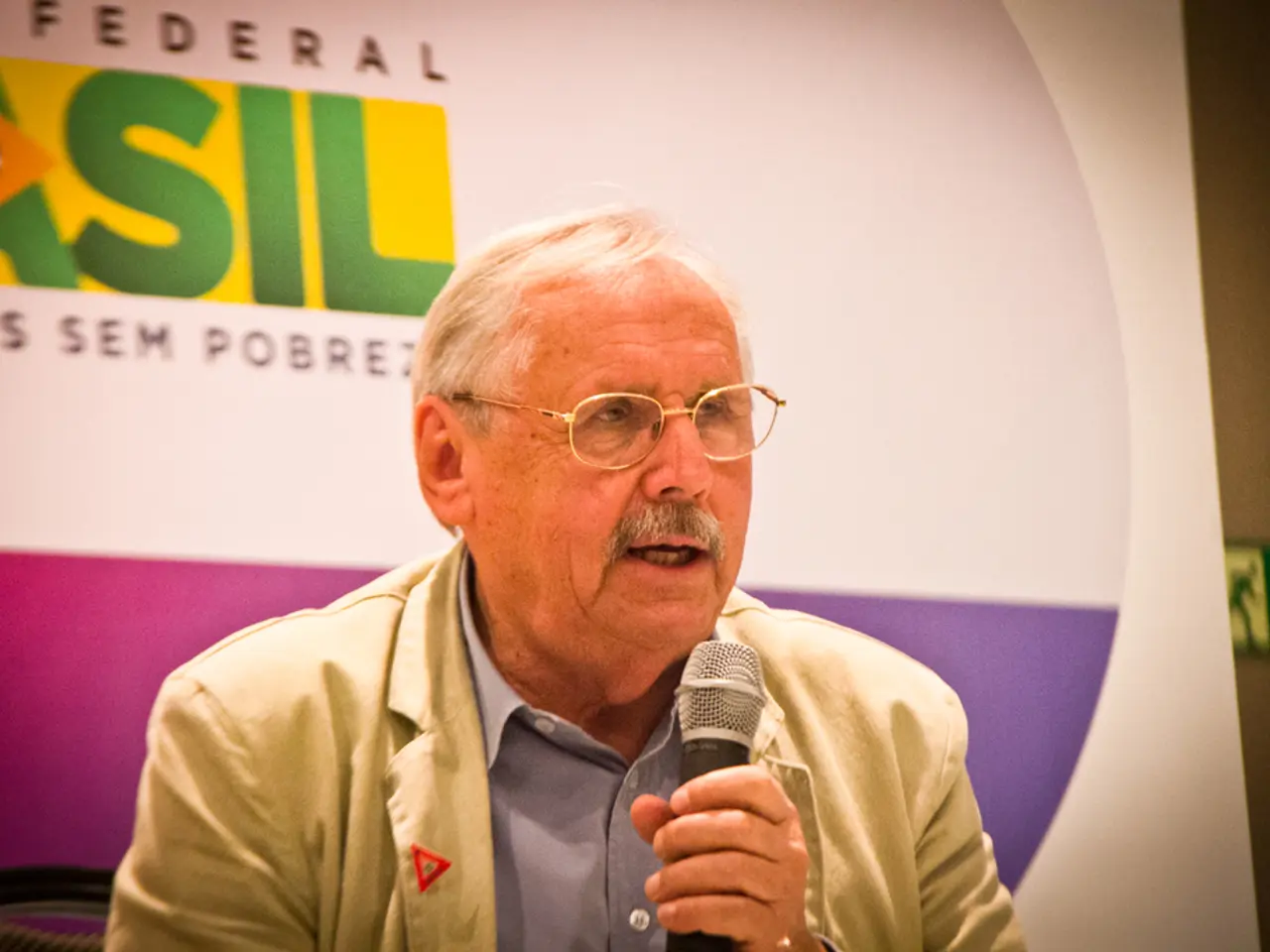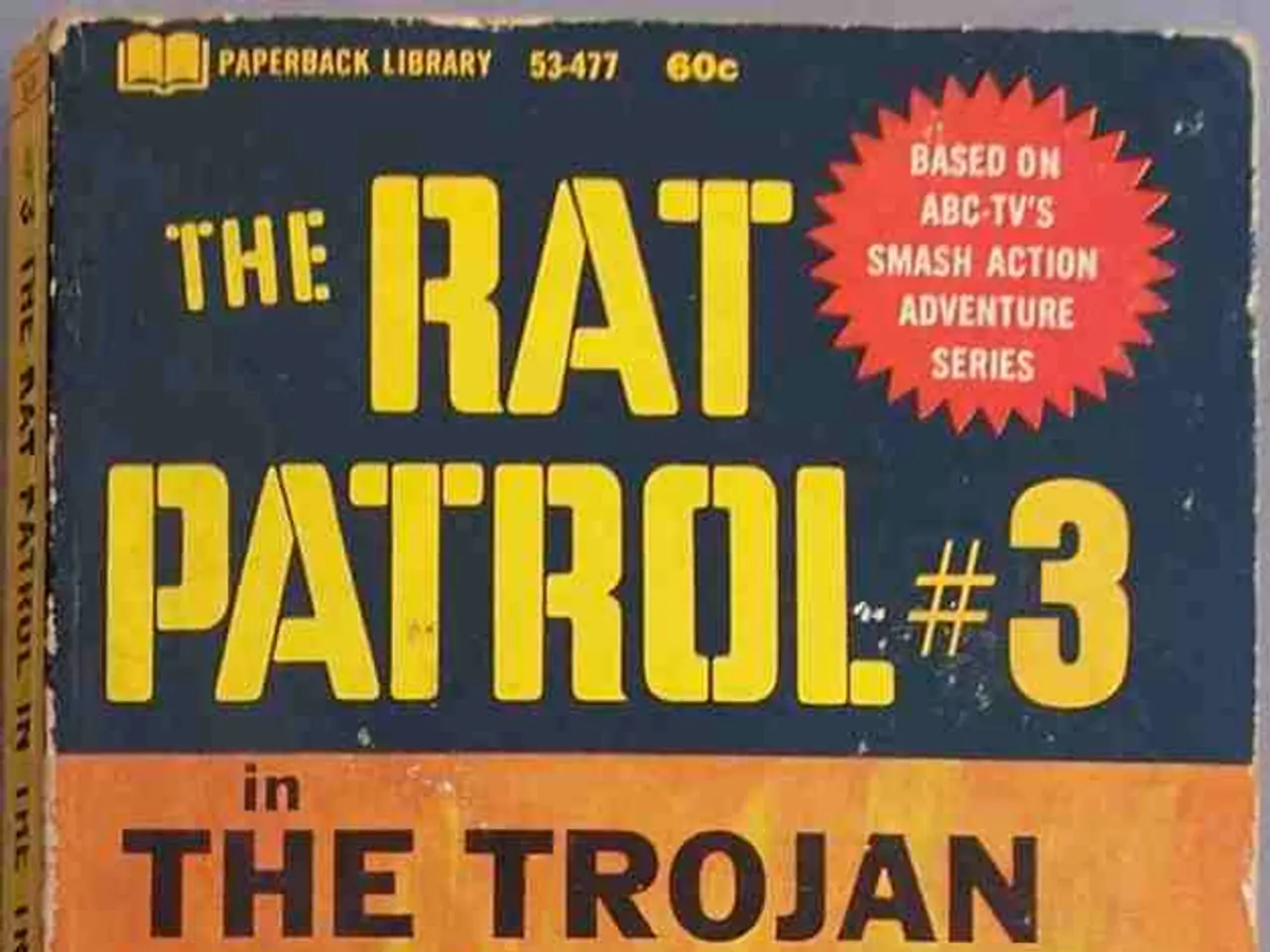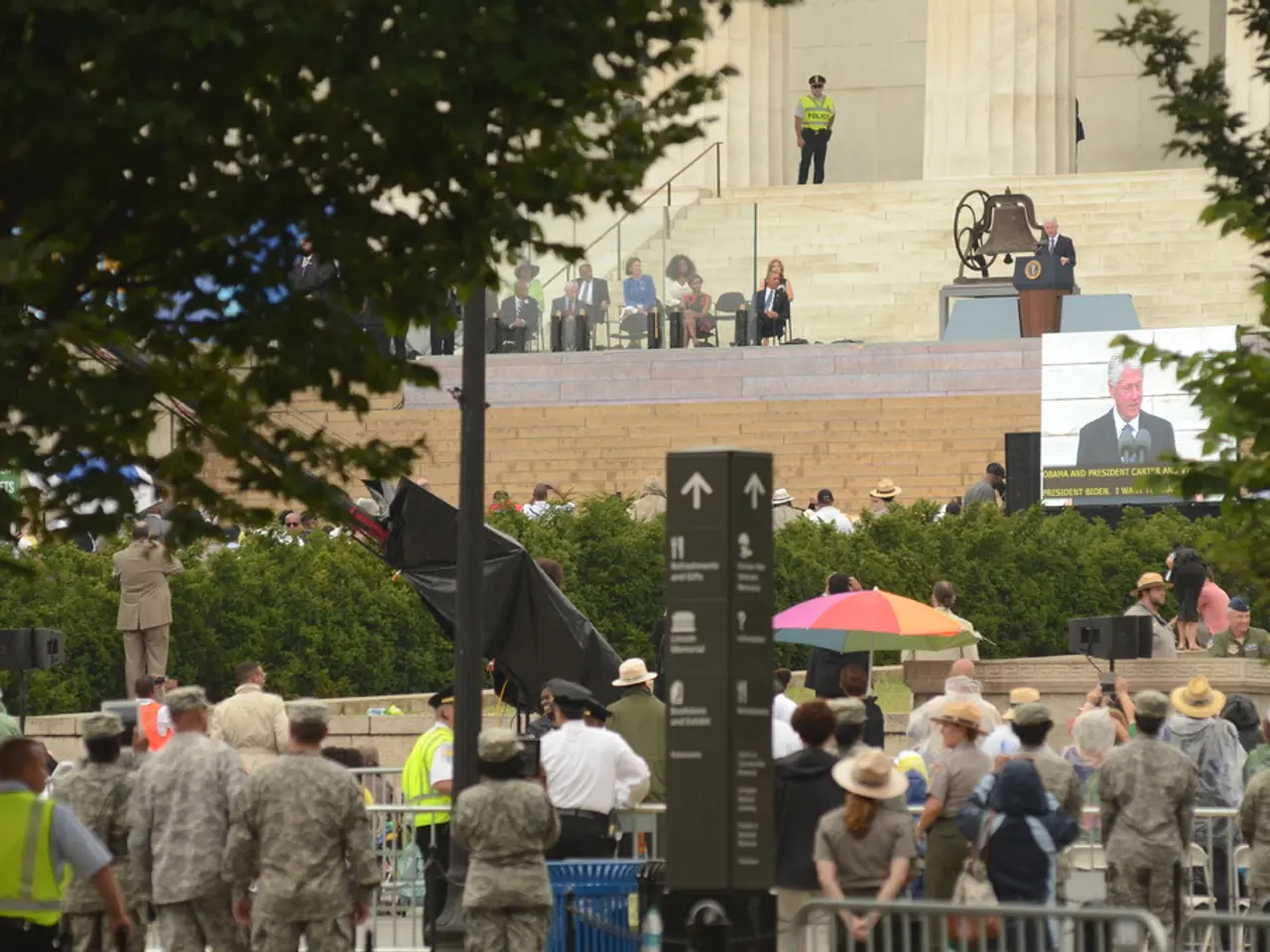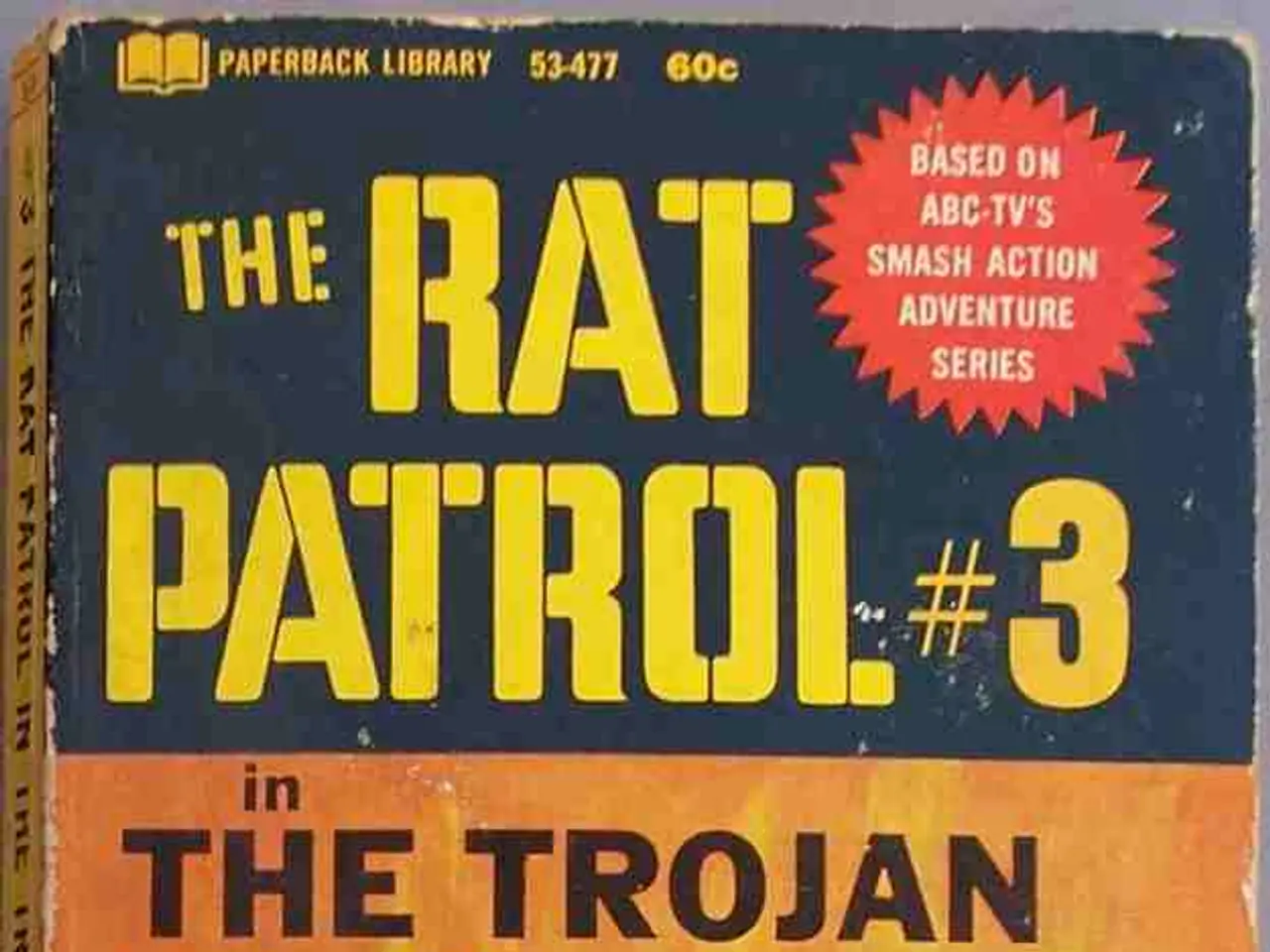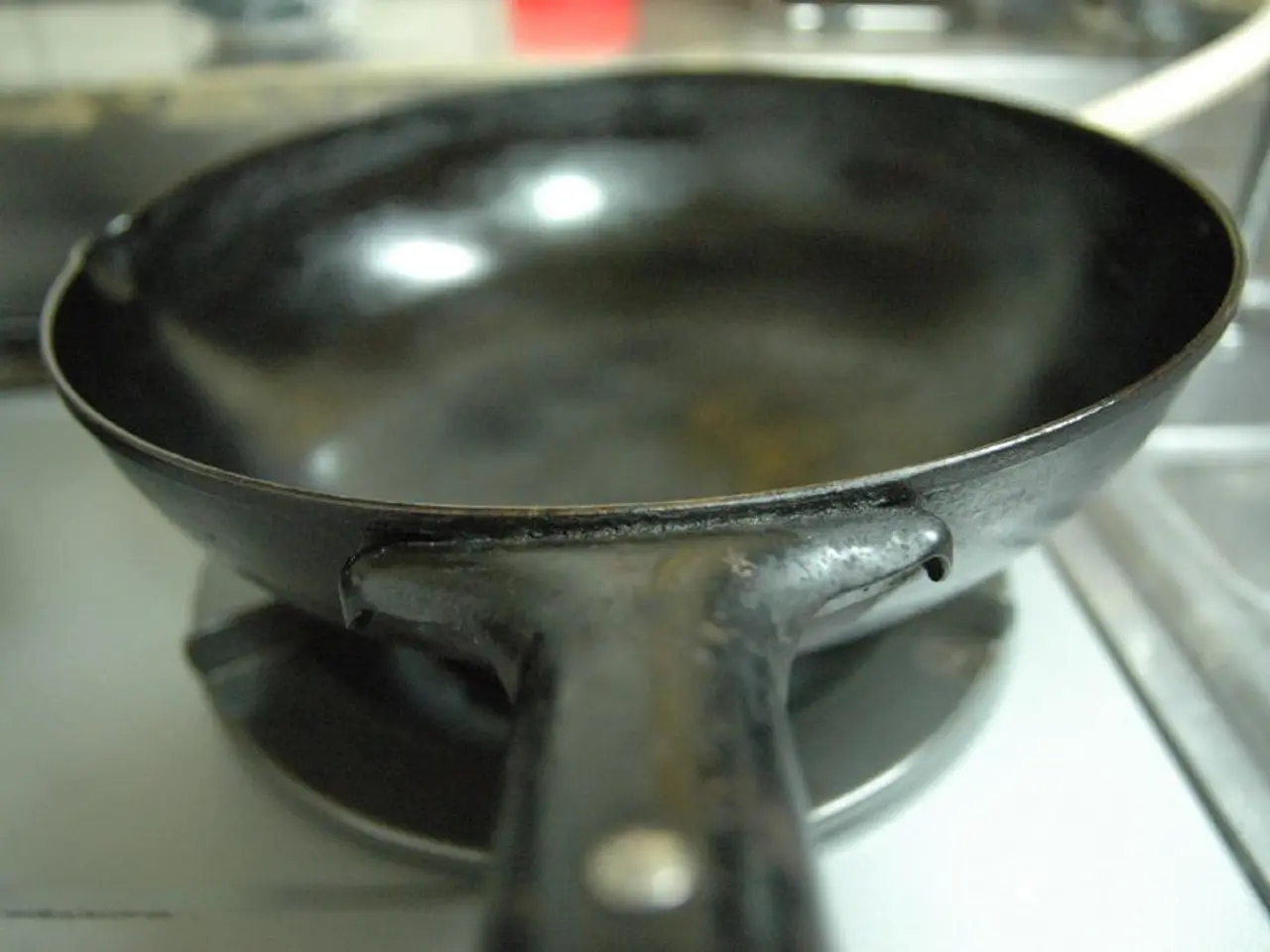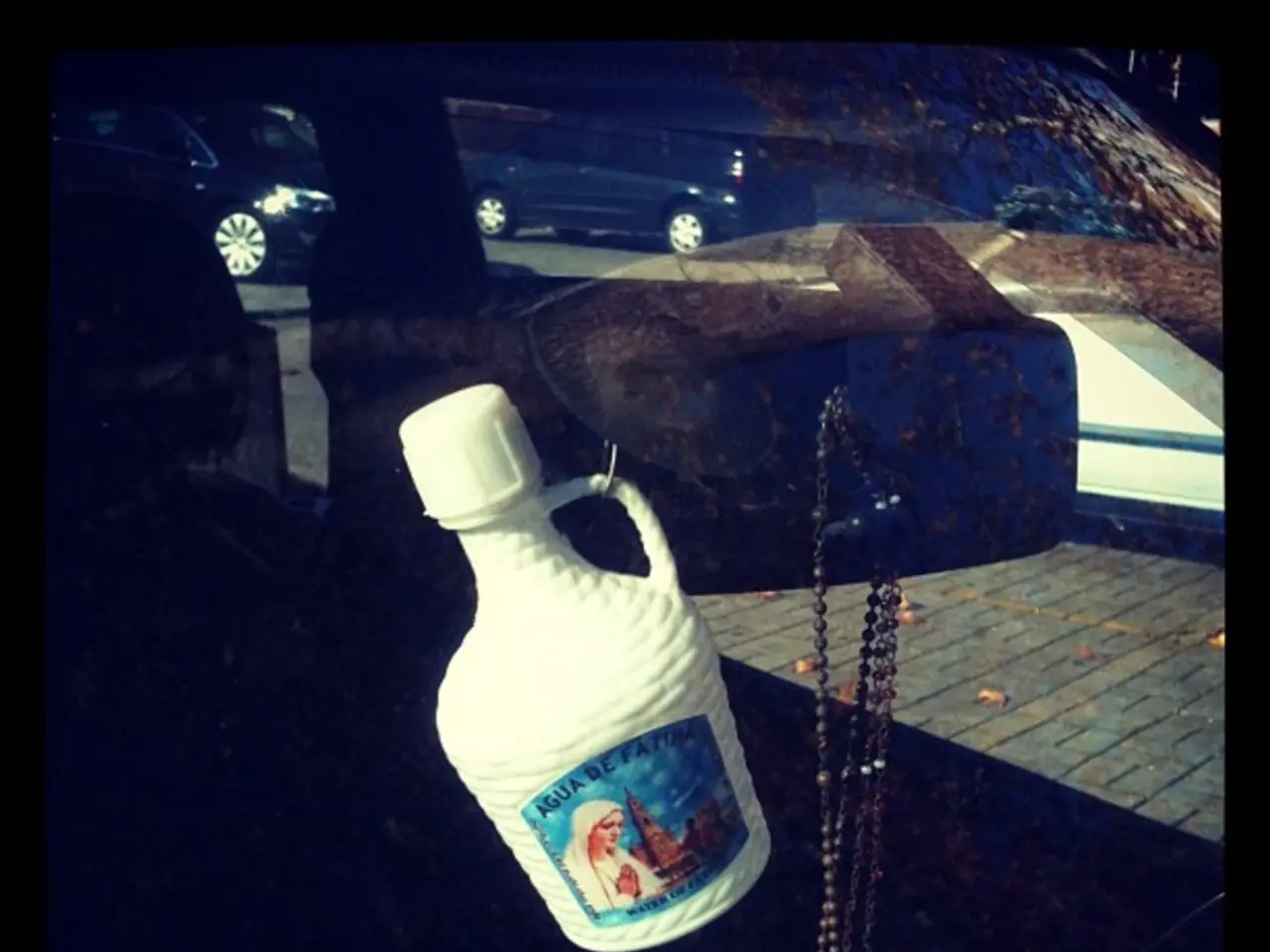Düsseldorf marks 25 years since the Wehrhahn bombing, remembrance ceremony, and call to action
In the heart of Düsseldorf, Germany, the memory of a chilling event still lingers, serving as a poignant reminder of the city's recent history. On July 27, 2000, a nail bomb explosion rocked the Wehrhahn S-Bahn station, targeting people believed to be of immigrant backgrounds, particularly the Turkish and Kurdish communities, and containing clear anti-Semitic elements.
The Fateful Day
Twelve immigrants were attending a language course at the station when the bomb exploded, injuring about ten people, some seriously, and causing trauma for many. Tragically, one woman lost her unborn child. Despite evidence pointing to a right-wing extremist suspect, the attack remains unsolved, and the victims were never officially recognized or compensated as victims of right-wing violence.
A Dark Chapter in Düsseldorf's History
The attack occurred during a time when Germany, like many parts of Europe, was grappling with increased tensions related to immigration, identity, and the rise of far-right extremism. The bombing was seen as an attempt to intimidate and spread fear among immigrant communities and Jews in Düsseldorf.
Investigation and Impact
Despite extensive investigations by German police and intelligence agencies, no one has been definitively charged or convicted for the attack. The case fueled public debate on far-right extremism in Germany and the adequacy of state efforts to combat hate crimes. It also led to increased security measures and awareness campaigns around racist and anti-Semitic violence.
Keeping the Memory Alive
The memory of the Wehrhahn attack continues to be kept alive by initiatives like "Wehrhahn remember," which works to raise awareness about the history and present of right-wing violence in Düsseldorf. St. Elisabeth Church at Vinzenzplatz remembered the event with a banner and flag and offered a room of silence.
Broader Significance
The bombing remains one of the most serious unsolved hate crimes in Germany in recent decades. It is often cited alongside other extremist attacks as evidence of persistent challenges Germany faces regarding right-wing violence. The memory of the attack continues to influence Germany’s policies on combating xenophobia and anti-Semitism.
Commemoration and Reflection
On the 25th anniversary of the attack, over 200 people gathered at the Wehrhahn S-Bahn station to remember the tragic event. The commemoration seemed not important enough for many, reflecting how the city has dealt with the attack and its victims for years. Local politics kept a low profile at the event, with only a few officials present.
Looking Forward
Educational offerings for students and youth, including presentations on the attack and trial, will be available starting September. Jürgen Peters will give a lecture and tour related to the Wehrhahn attack on August 6. An author lecture on anti-Eastern European racism, including the Wehrhahn attack, will be held on October 29 at Düsseldorf University.
The attack stood in contrast to what Düsseldorf represents, a place of diversity where no one should feel afraid, according to Dr. Korenblum, chairman of the Jewish Community of Düsseldorf. Chiara Zucconi, a student at Heinrich Heine University, discovered that her fellow students knew little about the attack and tried to gather more information.
The unsolved Wehrhahn bombing serves as a stark reminder of the challenges Germany faces in combating hate crimes and fostering a society where everyone feels safe and valued.
Politics and general news surrounding the Wehrhahn bombing have remained a topic of concern, with crime and justice playing a significant role in the unsolved attack that sparked discussions about far-right extremism and hate crimes in Germany. The incident, a chilling event in Düsseldorf's history, is often used as a case study to reflect on and combat xenophobia and anti-Semitism, with ongoing efforts to raise awareness, commemorate the victims, and promote education on such issues.

